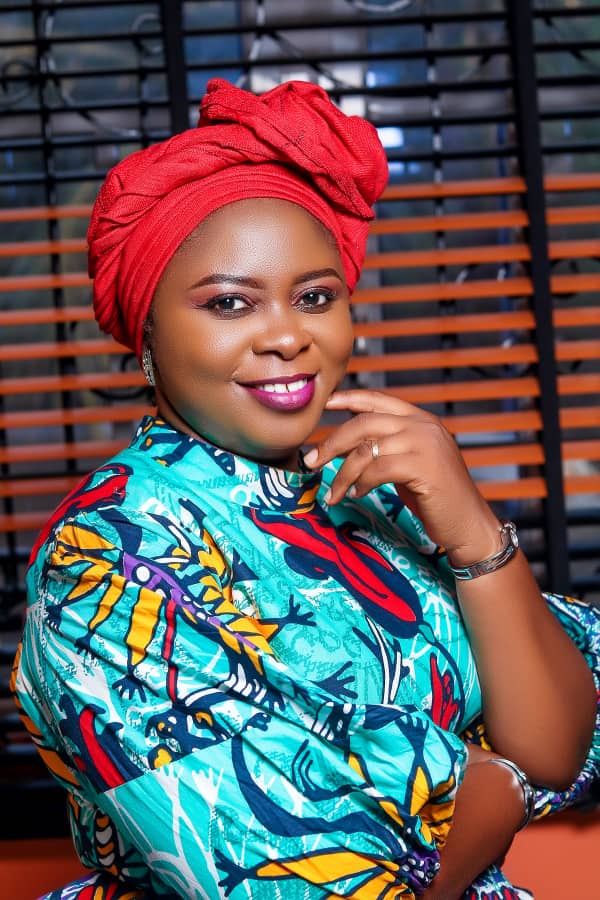The rise in domestic violence
Marriage is one of the longest standing institutions we have all over the world. It is a union that was instituted by God himself.
According to Genesis Chapter 2 verse 18, the Holy Bible says, “It is not good for man to be a lone, I will make him a help meet.” So, marriage is not a man-made institution but a divinely ordained one.
For the Christians, it is supposed to be one man, one wife and for the Muslims, one man and four wives if you can take care of them equally. Some things we see happening in the world now negates the original plan of God. We now have ‘Adam and Steve’ or ‘Eve and Eva.’
Marriage is a union to be treasured, one to be enjoyed and not endured. However, how many people can be said to be truly enjoying their marriages? How many people really know what marriage is all about?
There are a number of reasons people get married. While God ordained it basically for companionship and if He wills, gives children, humans have decided to give their own meaning to marriage. Some do it for selfish reasons, either to leave home for the females, to get a place to lay their head or take up their responsibilities, for the males, it can be for the reason of having someone to cook their meals, clean up after them, give birth to children for them and so on and so forth.
When a girl reaches the age of maturity or a marriageable age according to the society, she is expected to bring a suitor home to whom she will eventually get married to. In the same vein, a man is expected to get married when the time is right. All these are what the society expects.
God designed marriage to be enjoyed. The place of companionship, trust, openness and freedom of expression is given a pride of place. The Bible says, “they were naked and not ashamed.” Hence, marriage ought to be a safe haven, a place of comfort, peace and bliss.
In spite of the fact that we are all humans and have our shortcomings, these shortcomings should not overshadow the good side of marriage.
There are beautiful and wonderful marriages no doubt, where the couples are lovey dovey, down to earth, human and humane and you can’t help but admire them.
The world is becoming something else with marriages fast trying to lose their pride of place. While many marriages are still being solemnised or celebrated, there is a rising case of divorce worldwide. This divorce can be attribute to the rising cases of domestic violence.
Domestic violence can be against the male or female. However, most cases are against women who are supposedly the weaker sex. We know that men are being violated too but maybe such cases are underreported.
According to the World Health Organisation (WHO), 30% of women worldwide have experienced physical and or sexual violence from an intimate partner or a non partner. This figure is for women aged 15 years and older. This intimate partner violence (IPV) is a type of domestic violence. This can have serious consequences for physical and psychological health, economic security and social wellbeing.
Intimate partner violence or domestic abuse as defined by the United Nations, is “a pattern of behaviour in any relationship that is used to gain or maintain power and control over an intimate partner.”
Domestic violence can take various forms, and most often, it combines several types of violence, creating depression, injuries and illness. Moreover, domestic violence results in broader social and economic costs, including those of services to treat and support abused women and bring perpetrators to justice, aside from lost employment and productivity, undermining women’s capabilities, and even slowing down economic growth.
Estimates published by the WHO indicate that globally about 1 in 3 (30%) of women worldwide have been subjected to violence by a close partner. According to the National Coalition Against Domestic Violence (NCADV), intimate partner violence increased by 42% from 2016 to 2018 and now makes up over 20 percent of all violent crimes.
Women experience domestic violence at a higher rate than men do. According to the National Domestic Violence Hotline, 29% of women and 10% of me (1 in 10), have experienced rape, physical violence and/or stalking by a partner.
In Nigeria, previous studies have shown the prevalence of intimate partner violence to range from 31 to 61% for psychological/emotional violence, 20 to 31% for sexual violence and 7 to 31% for physical violence.
Between 2006 and 2021, no fewer than 169,033 cases of domestic violence were recorded with 2014 reporting the highest number 922,873) and Borno State being the most affected followed by Lagos, Kaduna, Zamfara, Plateau, Delta, Benue, Rivers and Adamawa.
In the Southwest, a study carried out found out that only 18.6% reported that they experienced or acted violence between themselves and their spouse. However, 60% of the respondents claimed to have witnessed between other couples.
The causes of domestic violence include but not limited to family upbringing and moral value, cultural and religious belief, financial constraint, the issue of childlessness, male-child syndrome, drugs and alcoholism.
Sometimes, this domestic violence leaves those involved traumatized for life. While some are emotionally and financially drained, others are maimed for life while others even lose their lives. Is it really worth it? The irony sometimes is that the red flags are there but the partner will just want to ‘manage and see’ if the violent partner will change.
Recently, the Social Media space, Facebook, was awash with the story of the 25 years old Mrs. Princess Jessica Olua, who was beaten to death by her husband. This is a man she got married to on 25th March, 2023, just a little over a year ago. A man who swore to protect her in his marriage vows to her. The life of that young promising girl was snuffed out of her in her prime. What crime did she commit to warrant death? There are however stories saying this is untrue.
This and many more are cases of domestic violence out there. Many women (who are the worst hit) stay in such marriages for the sake of their children. Their lives are being threatened regularly but choose to stay for their children. The emotional, psychological, financial violence cannot be seen physically but can be felt. Marriage is to be enjoyed and not enjoyed.
How do you feel beating up one whom you saw, liked, approached and decided to spend the rest of your life with? How do you feel violating one whom you are supposed to have cleaved to? If the marriage is no longer working, even though divorce is not the option, you can leave to live- be it male or female.
When things become chaotic resulting in fisticuffs, you don’t have to wait until you are carried away in a body bag. There is a need to speak out when your life or very existence is threatened. You don’t have to be the loving and submissive spouse when violence of any form is involved. While religion does not support divorce, it doesn’t also support domestic violence. It will be too late to cry when the milk is spilled.






